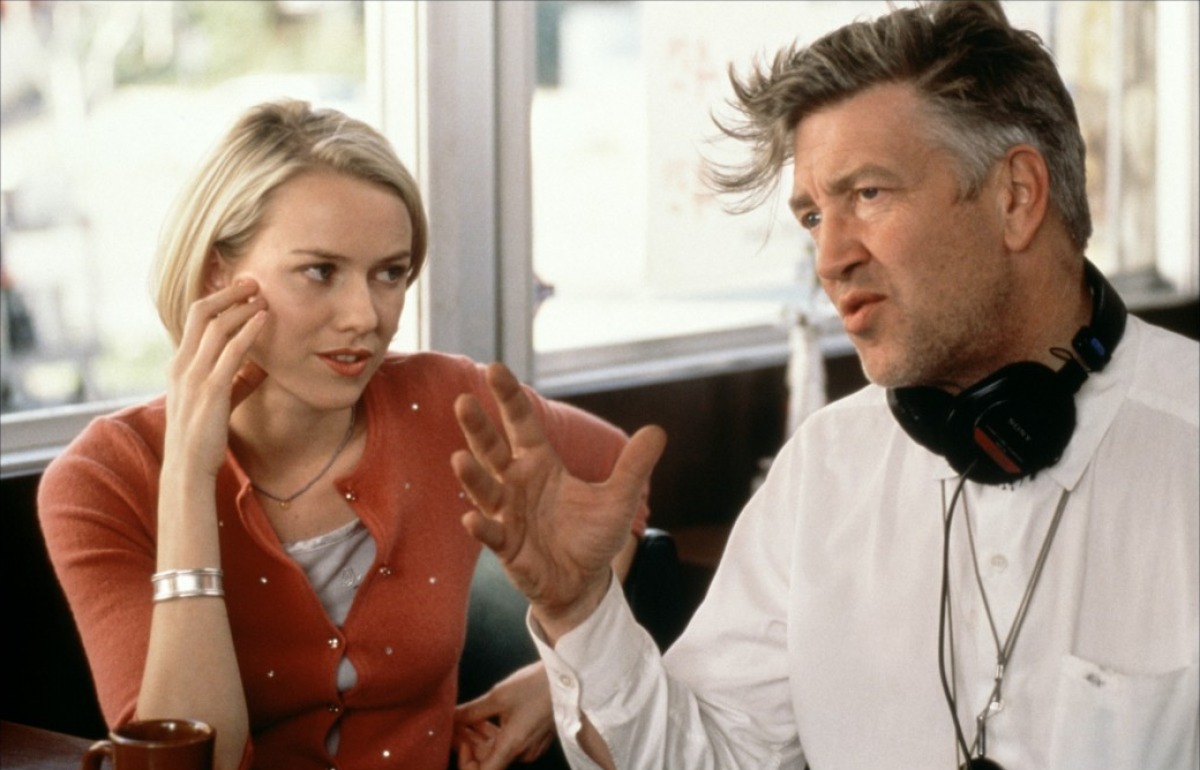It’s almost impossible nowadays to avoid film trailers before going to the theater. Most major films have at least three full-length trailers, coupled with countless TV ads and online promos. If you watch all the footage leading up to a film’s release, you can probably plot out the whole run time before you step foot in a screening. Filmmaker David Lynch is not a fan of this at all.
In a recent interview with Rolling Stone, Lynch says, “These days, movie trailers practically tell the whole story. I think it’s really harmful. For me, personally, I don’t want to know anything when I go into a theater. I like to discover it, get into that world, try to get as good of picture and sound as possible, no interruptions — so you can have an experience. And anything that putrefies that is not good.”
READ MORE: ‘Twin Peaks’ Returns And It’s Freakishly The Same & Arrestingly Different [Review]
Trailers are a bit of a double-edged sword. Studios need a way to promote their films and hope that audiences get excited enough to see it opening weekend. Unless it’s a Marvel Studios film, there are really no sure things in Hollywood anymore. So how do you market a film properly without giving away too much? That seems to be the balancing act that Lynch feels trailers are failing at.
With budgets for the tentpole films routinely going above $150 million, Lynch might not ever get what he wants. Studios will do everything in their power to get that huge opening-weekend turnout, and for them, it seems like the current trailer system works. It’s also increasingly difficult to go into a film completely blind. If you read movie news or go online for extended periods of time, there is a steady barrage of movie trailers and clips.
Unfortunately for Lynch, the days of going into a film and letting it truly surprise you are gone.






completely agree!!! …that’s why i pretty much giving up on watching trailers
He’s absolutely correct, but at the same time I don’t think a reality where his approach with the likes of the Twin Peaks revival (where even the episode synopses given to the network are vague about the content) can exist either.
At the very least, studios should be pulling back on inclusion of pivotal moments in films they really want an audience to pay to see as it opens (The Fate of the Furious was one example, though the impact it had was obviously minimal at best given where it stands with overall box office take).
I stopped watching trailers a long long time ago.. it’s for the best
but you gotta sell the movie to general audiences, which are dumber